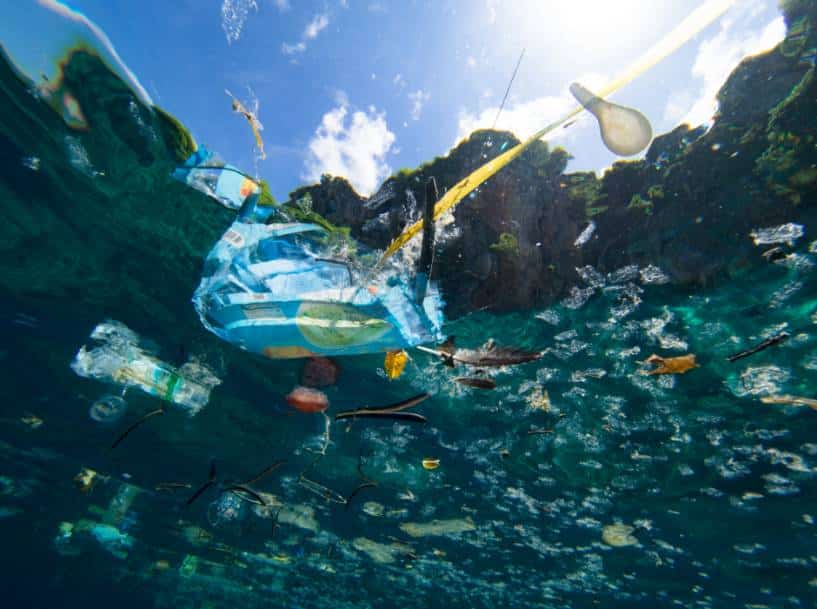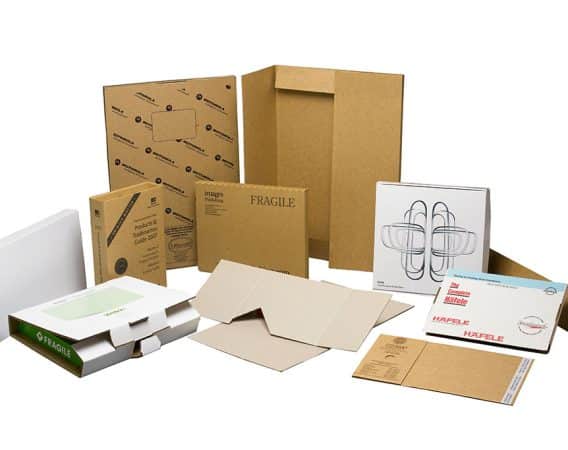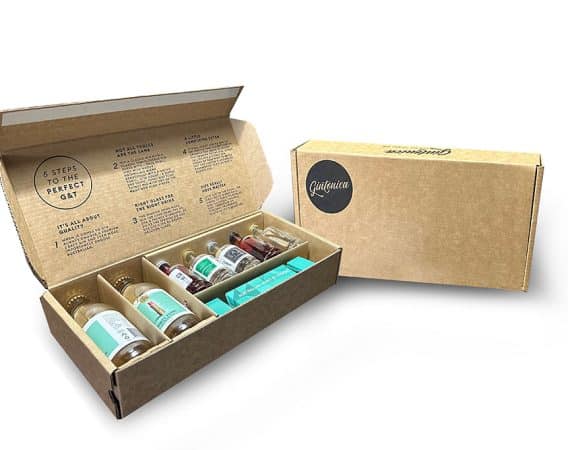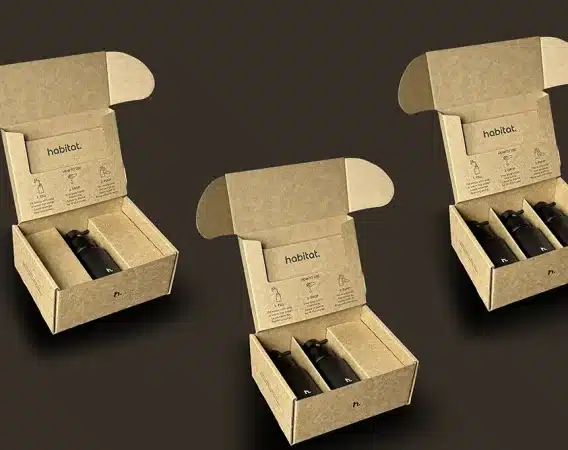Why Packaging Without Plastic is the Way of the Future

Plastic is ubiquitous in the modern world and around 8 billion kilograms of it flows into the ocean every year. Around 40% of plastic produced is used for packaging. It is usually used once and then discarded. In a world that is becoming increasingly aware of the pitfalls of pollution, this level of waste has become untenable. Consumer preferences and a shift in public opinion towards sustainability are slowly but surely transitioning all aspects of life to a plastic-free future.
1. Consumer Preferences
Climate change has become a hot-button topic in the last decade, and polling suggests that around 80% of Australians believe the nation is already experiencing the negative impact of a changing climate. This trend of environmental awareness is likely to continue as the younger generations have proven themselves to be powerful and vocal actors in the campaign to shift Australia’s economy away from its reliance on coal.
Australia is not the only country experiencing growth in environmental awareness and activism. New research from Kantar has found that 59% of people globally are at least considering the environment when undertaking daily activities – this is an 8% increase from 2019. Businesses should be paying attention to this social change because it is impacting consumer trends. New research from the Institute for Business Value shows that 54% of consumers are willing to pay more for brands that are sustainable and/or environmentally responsible.
With global trends moving inexorably towards an environmentally friendly and sustainable future, companies need to ask themselves this question: Where does plastic packaging fit in all this?
The answer is simple: it doesn’t.
Unfortunately, even recyclable plastic packaging will always be associated with pollution, conjuring up emotional mental images of sea birds wrapped in plastic rings. Consumers shopping in-store will be less likely to pick your product over a similar product with more sustainable packaging (even if it costs more), and people shopping online will be less likely to re-order your product if it arrives on their doorstep covered in layers of plastic.
2. The ANZPAC Plastics Pact
It is not just consumers who are making a move away from plastic packaging. In an effort to align their corporate values with their communities, large companies working on both a national and international level are committing to using less plastic when packaging products. This commitment was ratified in May 2021 by the ANZPAC plastic pact, which aims to drastically reduce the amount of plastic ending up in landfills in Australia, New Zealand, and the Pacific Islands. With 60 signatories including major brands like Coles, Coca-Cola, and Nestle, as well as organisations like the Australian Beverages Council and Planet Ark, ANZPAC will see a drastic change in how major drivers in Australia’s market treat plastic packaging.
The goals of ANZPAC, which are set to be achieved by 2025, are:
- Eliminating unnecessary or otherwise problematic plastic packaging through redesign, innovation, and alternative delivery models
- Making 100% of plastic used in packaging reusable, recyclable or compostable
- Increasing the amount of plastic packaging collected and effectively recycled by 25% in each geographic region included in the pact
- Using 25% recycled content in plastic packaging across the region
These goals may seem lofty, but they are achievable, especially if companies are willing to redesign their packaging in new and innovative ways. Moving away from plastic packaging entirely is not the short-term goal of this pact, but this is clearly the end game of companies wanting to become more environmentally conscious. Beyond having an environmental benefit, companies committing themselves to be more environmentally friendly in how they package their products are also building social capital as consumers will view this commitment very positively.
3. A New World Economy
The signing of the Paris Agreement in 2015 marked the beginning of a global shift in humanity’s relationship with the environment as 196 nations promising to fundamentally change their economies for the benefit of the world. This should be used as an opportunity to fundamentally rethink how we operate our economy.
Many environmental problems are caused by the linear economy in which products are made, bought, and then thrown away. A major contributor to the world’s environmental problems is plastic. This common packaging material has so thoroughly polluted the environment there is now a plastic island in the Pacific Ocean larger than many European countries. Although there is no quick fix to this issue, moving towards a circular economy would prove beneficial. This economic model has sustainability at its center, ensuring the products we make do not end up in landfills.

Changing your company’s practices to make them entirely sustainable is not an easy task, but changing your packaging to make it sustainable is. Plastic is no longer a viable option for an environmentally conscious business, so you need to start removing it from your packaging.
4. Packaging Without Plastic
Plastic has been the go-to option for product packaging for decades because it is easy and cheap. But this does not make it the best option. Through clever design, packaging made from more sustainable materials like cardboard can prove to be a much better option than plastic. The future of packaging is plastic-free, so for the sake of your brand, your consumers, and the environment, you should make the switch to sustainable packaging sooner rather than later.
At PPI, our in-house team of packaging designers and engineers will work with you to understand your packaging needs. We offer cutting-edge solutions that are economical, protective, and environmentally friendly.
Connect with us or call us on 1800 25 8000 to book your FREE initial packaging consultation.
Recent case studies
Article
Cracked Boxes, Damp Deliveries & Winter Packaging Woes (And How to Fix Them)
1. Is Your Packaging Ready for Winter? Imagine a customer’s long-awaited order finally arrives. They open the door to a soggy box sitting on their d...
More
Article
How Peal and Seal Packaging Can Streamline Your E-Commerce Operations
Introduction Packaging plays a vital role in ensuring smooth operations and a positive customer experience. As businesses scale, the pressure to strea...
More
Article
Sustainability in Packaging: Should You Go Custom or Stick to Standard?
When it comes to sustainable packaging, businesses are often faced with a choice: go custom or stick with standard options. While both options have th...
More
